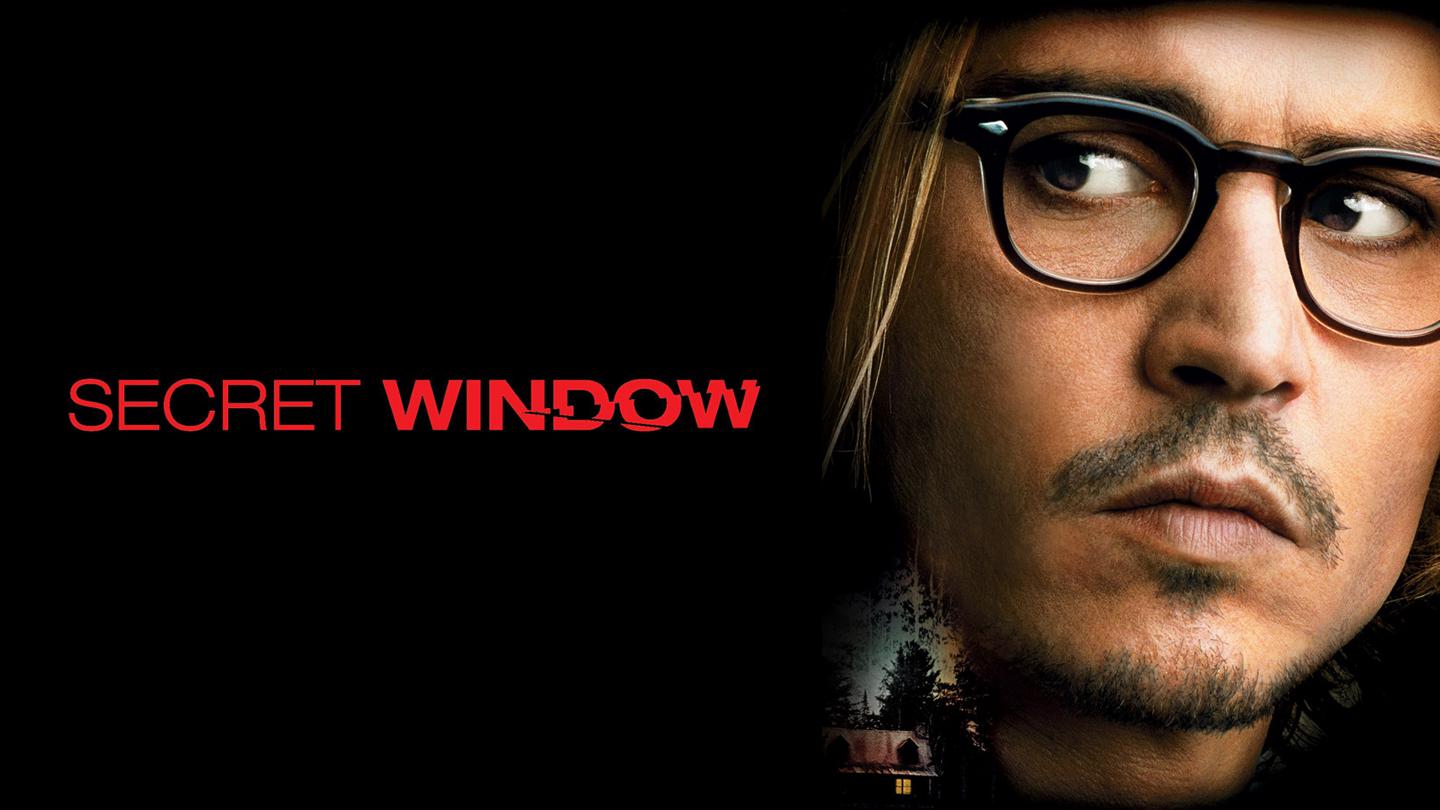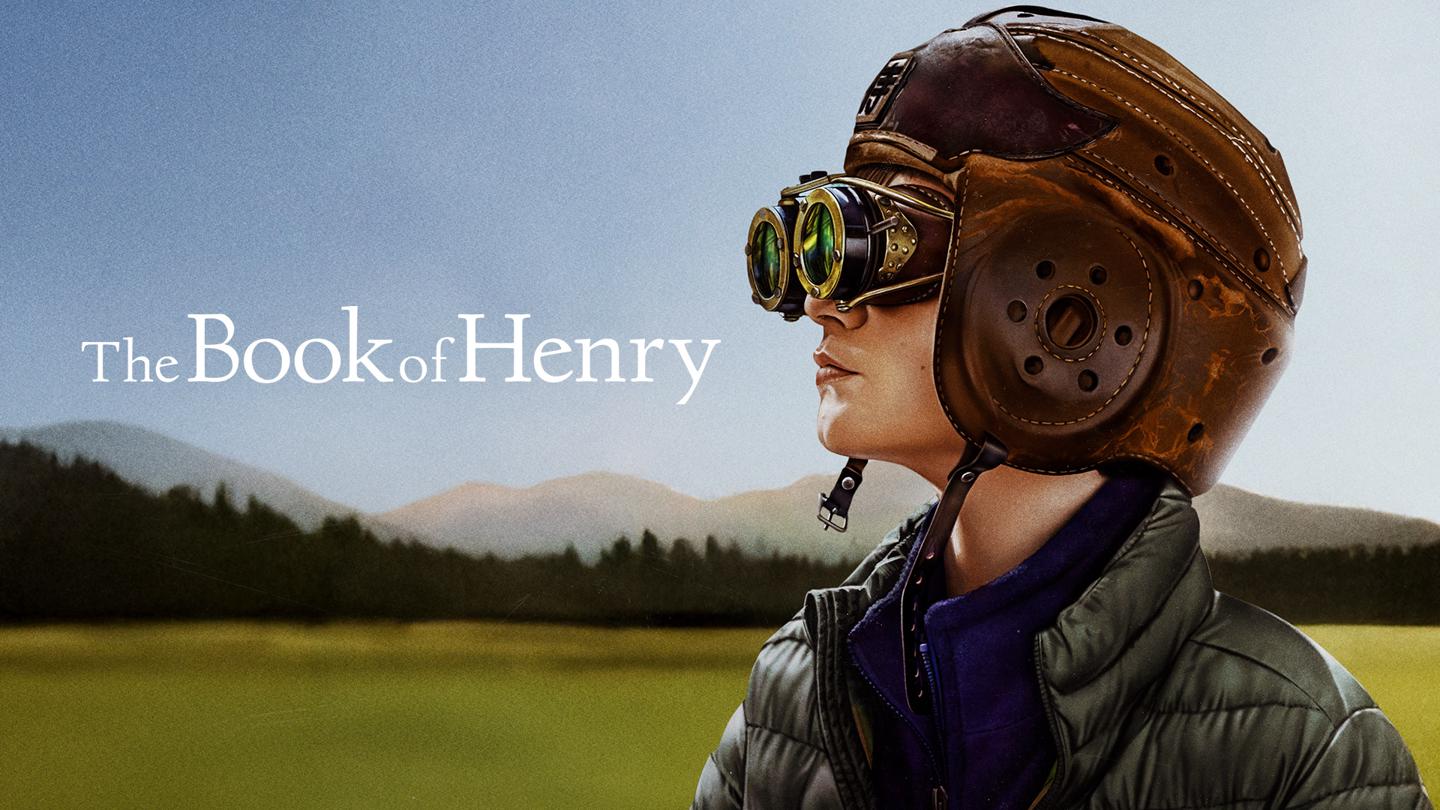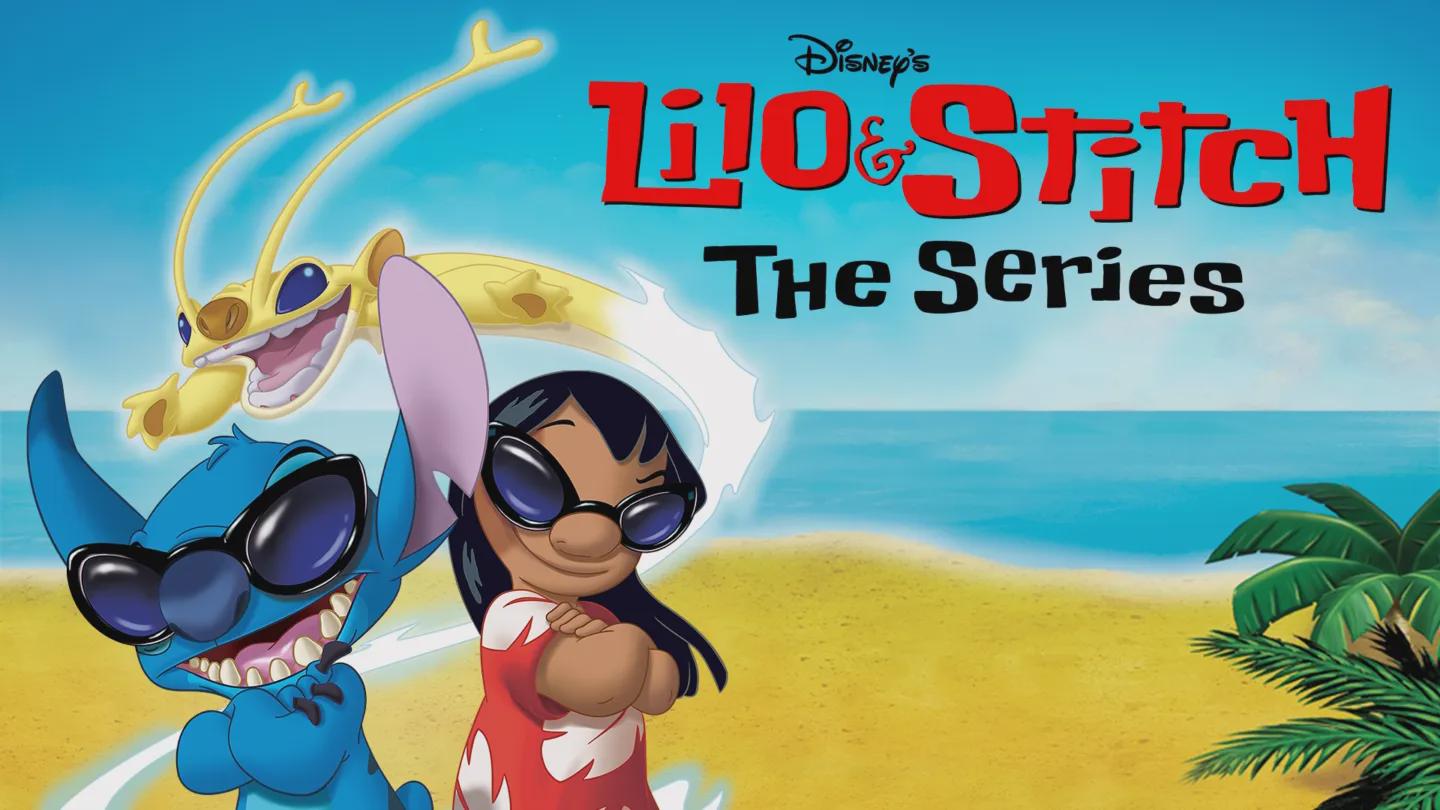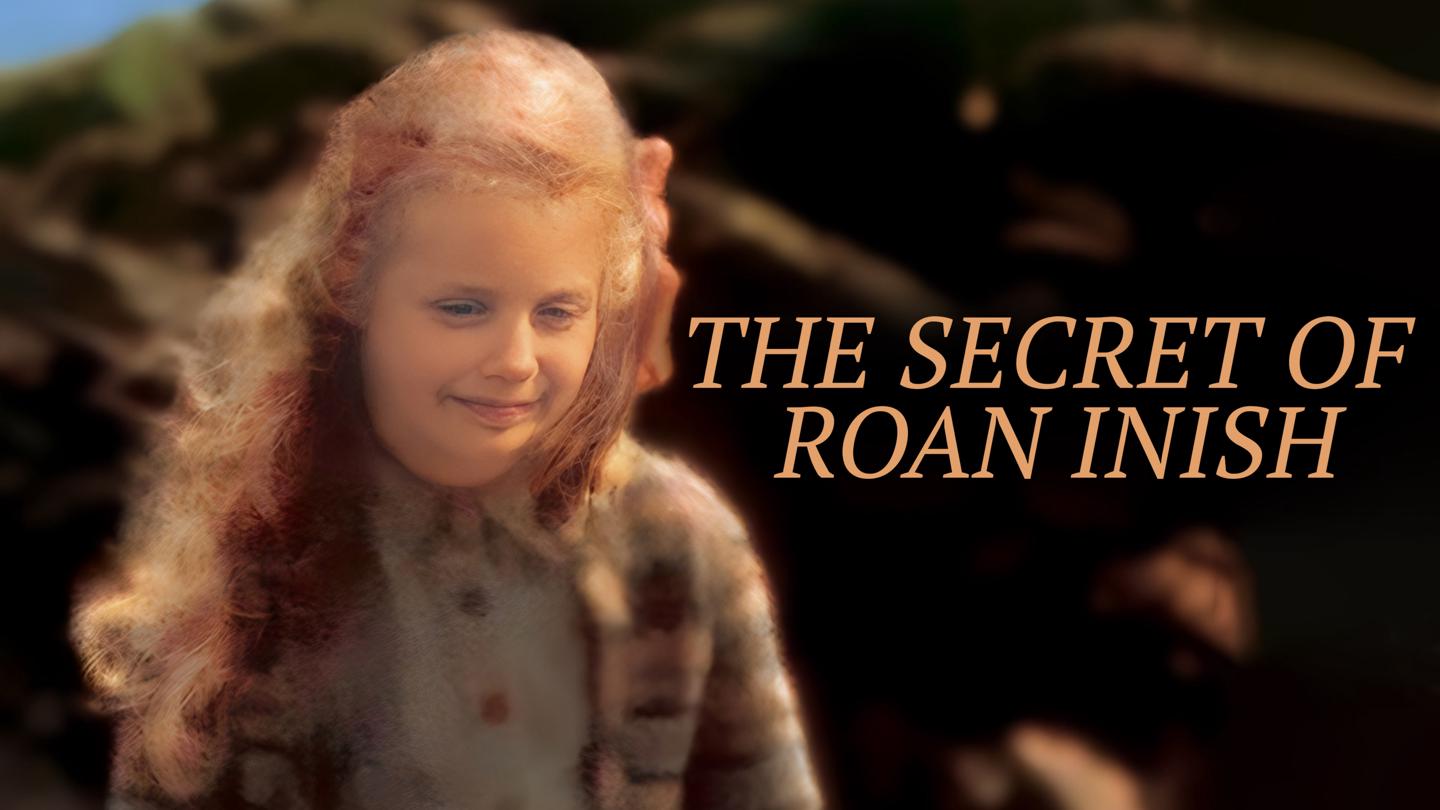The Secret Garden (1993)

Quick Info
I’ll be honest, I didn’t expect to be as moved by The Secret Garden (the 1993 version) as I was on my most recent rewatch. The story itself is a classic, with all the haunted-manor vibes and emotional undercurrents you’d expect from Frances Hodgson Burnett’s novel. But this adaptation feels especially tactile, like you can almost smell the rain-soaked earth and wild roses blooming through your TV screen. I love when a family film doesn’t try too hard to modernize its source or jazz up the pacing—here, the movie actually lets you sit with the characters and the landscape instead of rushing from beat to beat.
What stands out first is the cinematography. Roger Deakins (yes, that Roger Deakins, before he was a household name) brings a level of visual artistry you rarely see in “kids’ movies.” The shifting English weather, the crumbling manor, the lush, overgrown garden—it’s all gorgeous but not sanitized, which gives the movie this earthy, melancholic vibe. Some scenes are almost painterly, with rays of sunlight hitting the dust and greenery just so. That visual storytelling carries a lot, especially since the main character, Mary, spends a good chunk of the film isolated and in her head.
The cast is surprisingly strong. Kate Maberly, who plays Mary, nails the petulance and lostness of a kid uprooted from colonial India. She never leans into the cutesy, plucky orphan trope. Instead, she’s prickly and occasionally unlikeable, which is exactly how she should be. Andrew Knott as Dickon and Heydon Prowse as Colin both bring genuine warmth to roles that could have felt one-note. Maggie Smith as Mrs. Medlock almost steals the show, with a performance that’s equal parts stern and subtly caring. Every kid in the ensemble gets their moment, and they don’t treat the heavy material like something to be mugged through or winked at for adults.
The tone is gently gothic but definitely suitable for kids, which isn’t easy to pull off. There’s a real undercurrent of grief and loneliness throughout—Mary’s parents die off screen in the first few minutes, and the weight of childhood loss lingers in every corridor. The adults around the kids are either absent or emotionally frozen. Yet the film avoids getting bogged down in misery. Instead, there’s a slow but satisfying thaw as Mary softens and the house comes back to life. I have to give credit for not shying away from sadness, which honestly makes the film’s moments of joy hit harder.
If there’s a weakness, it’s that the pacing can feel glacial, at least for younger viewers used to a Disney-fied tempo. There are stretches without much dialogue or big incident, especially in the first half. The "finding the key and unlocking the secret" part builds suspense, but if you’re not caught up in the atmosphere or the slow character work, it might test your patience. That said, the slow burn worked for me because it mirrors Mary’s own sense of isolation and her gradual curiosity about the world around her.
The music by composer Zbigniew Preisner is another highlight. It’s lush but not manipulative, with these gentle strings and piano motifs that swell without ever feeling saccharine. There’s one moment—a reveal in the garden, if you’ve seen it—you’ll know where the score just kind of wraps around the scene and makes it feel almost magical. I miss this kind of score in modern family films, which often go for bombast or cheap sentimentality.
Emotionally, I found the movie surprisingly affecting. It’s not just about a garden coming back to life but about neglected kids (and adults) digging themselves out of emotional frost. Watching Mary’s transformation from angry loner to empathetic friend feels earned rather than forced, and the climax is genuinely moving without turning into melodrama. There’s a lovely sense of healing that doesn’t just toss a bow on things; some wounds linger, but new roots are planted.
Overall, The Secret Garden is one of those rare family films that respect both its young audience and the source material without condescending or pulling punches. It’s moody and beautiful, with real emotional weight, but still leaves you with a sense of hope and new beginnings. If you love movies like A Little Princess or even Paddington (go with me on this), you’ll probably appreciate the care and craft on display here. Not every kid will have the patience for it, but if you’re in the mood to slow down and soak up some atmosphere, it’s hard to do much better.
The R8 Take
Still one of the best literary adaptations for families—tender, stunning to look at, and never afraid to let genuine sadness sit beside hope. This one lingers long after the credits roll.
---



